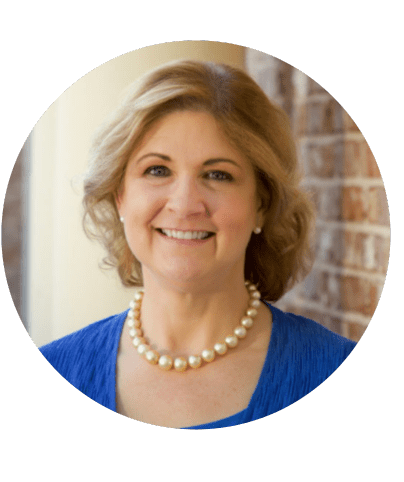Someone’s Gotta Say It
Beyond the Headlines: The Everyday Reality of Exploitation

By Marina Sampanes Peed
Executive Director of Mosaic Georgia

The media is talking about Jeffrey Epstein and Ghislaine Maxwell again. The outrage is real — but the truth is more uncomfortable: there are Jeffrey Epsteins in every community.
They aren’t always billionaires or celebrities. Sometimes they’re neighbors, coaches, classmates, boyfriends, or trusted family friends. They use grooming techniques, power, fear, and — increasingly — social media to exploit children, teens, and adults.
One man’s “party” is coercive assault and abuse of another person. When you see others as less than human, it is easier to believe you are entitled to their obedience, sex, or affection. Shame and silence support the cycle. Would you behave this way if your grandmother, mom or daughter were present?
At Mosaic Georgia, we don’t need headlines to remind us of this reality. We see it every day.
The 1st Six Months of 2025
It can’t be that bad, some say. What are the numbers? We keep track of our services – many developed from analyzing the data and identifying system gaps. Here is what courage and resilience looked like in Gwinnett in the first half of 2025:
Safe to Say It Out Loud
- 271 children and teens sat in a safe room and told a trained professional what they had endured or witnessed. These brave conversations, called forensic interviews, often mark the first step toward safety, healing and justice.
- 158 survivors received immediate medical forensic exams after being assaulted. The patients ranged in age from 2 years to 61 years. Among the adults, 19 survivors chose not to report to law enforcement. Their evidence kits were collected and securely stored — preserving their chance for justice in the future, when and if they are ready. This ensures survivors don’t lose their chance for justice, even if they need more time.
- 515 people in crisis picked up the phone not knowing if anyone would answer — and found a Mosaic advocate on the line, ready to listen, believe, and act.
- 12 young survivors of trafficking were identified and supported with over 500 specialized services — to begin the long journey to health.
Securing Victims’ Rights and Safety
Safety doesn’t stop at medical care – it continues into courtrooms, schools, homes, and legal systems.
- 319 survivors turned to Mosaic Georgia for legal advice and education, including 23 who received direct representation from an attorney. Many were experiencing complex family, criminal, or civil issues while trying to stay safe from stalkers, abusers, or system gaps.
Healing from Betrayal & Violence
Healing is not a straight line – but it starts with safe, trusted support.
- 580 individuals began counseling to reclaim their mental health and resilience. They participated in nearly 1,000 sessions with our licensed, trauma-focused therapists.
- Strength through Community: 828 participants in support group and Wholeness Collective programming: 110 support group sessions equipped over 270 participants with healing and growth are possible. 68 Wholeness Collective events engaged over 550 youth and adults.
A Voice through Advocacy
Victim Advocacy is specialized support for people who have experienced crime or abuse. Think of it like patient advocacy -but for survivors of violence. Much like a patient advocate helps navigate medical and insurance systems, our advocates help survivors understand their rights, access resources, and make informed choices after a traumatic event. We ensure their voices are heard in systems that are stretched and focused on process.
We provided over 29,000 advocacy contacts and supports in the first six months and managed over 60 subpoena and records requests, reducing survivors’ legal burden.
Each contact represents a moment when a survivor didn’t have to face the trauma alone.
Shifting the Shame
While society debates sensational scandals, too often survivors in our own neighborhoods are asked What were you wearing? Why Didn’t you leave? Why didn’t you call the police?
These questions, however curious, neutralize the responsibility of the perpetrator and assumes they have no self control.
Instead of questioning survivors, we should be asking perpetrators: Why did you think it’s okay to be intimate with someone who didn’t want that? Why didn’t you walk away when she said she wasn’t interested? Why did you get mad when she said no?
A Community That Doesn’t Look Away
Even as we moved into our new Lawrenceville Center in May, our services never stopped. In June, more than 100 community members — including dignitaries, funders, and partners — joined us for our Grand Opening. WSB covered the event, amplifying the message that Gwinnett will not look away.
Why This Matters Now
The Epstein and Maxwell cases may dominate the headlines, but exploitation thrives in silence.
Survivors in our communities deserve more than shock and outrage — they deserve dignity, safety, healing, and justice.
Behind every number is a survivor. Someone who decided to trust us with their story, their safety, and their future. Mosaic Georgia stands with them — alongside you, our community — for safer, stronger tomorrows. Don’t wait for the next headline. Join us!

